With nothing less than divine insight into human nature, Moses explains to the Children of Israel how to appoint judges, or shoftim, to oversee the community. Right off the bat these public officials are warned sternly that bribes or usury are forbidden. How insightful to let us know over 3,000 years ago that this would become one of the main problems in a civil society. If only the modern world would learn Torah. How different our lives would be in a land where politicians were untethered to the power of money, an idea that these days is hard to even imagine.
And look at this next requirement where according to the Hebrew text (Dt. 17:18) the king of Israel had to make two handwritten copies of the Torah in the presence of the Levites. Imagine the great lengths taken to ensure that a candidate chosen to rule over the people of Israel would do so with fairness, mercy and integrity. He had to spend months, maybe even years, writing and meditating over every single word and even letter in the Hebrew Bible! And don’t forget, if one mistake, even the smallest yod or tittle is out of place, the entire scroll had to be buried in a genizah and a brand-new copy of the Torah had to be started afresh from Genesis. What an extraordinary way to prepare a king or any ruler for the people. I’m not sure that today’s politicians are required to read, let alone comprehend, even their nation’s own constitution before running for office.
And what does the king do with these two copies? One is to be kept with him wherever he goes, so that “he will be learned in Torah, so he won’t become haughty.” Humility does not seem to be a popular or even desirable characteristic of politicians these days. And the leader is required to read the Torah “all his life,” his continued reign being contingent on regular Bible study and its application to his rulings and way of life. He could not amass wealth in excess nor have many wives. Solomon certainly paid the price for his 1,000 wives (probably why he needed so much money!).
Another great insight is the requirement to hand disputed, unresolved matters over into the hands of the priests. If a case was too baffling for a magistrate or judge to rule in some controversy over homicide, civil law or assault, they had to visit the ‘place God has chosen,’ which then was the Tabernacle in the Wilderness, and later the Temple in Jerusalem, and present the case to the Levitical priests whose decisions were to be carried out to the letter. Lest you think this is putting important civil issues into the hands of a few isolated priests who spend all day praying and could easily abuse their religious authority to decide whatever they wanted, the opposite was the rule.
Neither priest nor Levite shared in any of the portions allotted to their brothers in the Land of Israel. In fact, they were supported by the community tithes and offerings. This meant that they were unlikely to be influenced by the typical bullies, bribes or special interest groups (lobbies). Even to the king or other political leaders they were not beholden, a problem that now plagues modern democracies.
In addition, the priests were responsible for copying, protecting and learning God’s Word, and were dedicated solely to the Lord Himself, granting them a more divinely inspired perspective on disputes and controversies. “Remember the sons of Aaron” scripture warns to safeguard priests from thinking they can do things haphazardly, and to hold them to absolute dedication to God and His ways, or else.
Yet another wonderful insight in Parashat Shoftim is that when Israel had to go to war, a special priest was to accompany the troops to instill trust in God and His ways during battle. Ancient Jewish sources discuss at length this special priest, who is referred to as Mashiach l’Milchama, a “Messiah” or “Anointed One over War.” When Israel was faced with the need to go to war, a new High Priest was appointed and anointed specifically for this task to ensure that he was absolutely untainted by any ulterior motives, including influences from his fellow priests, unfounded fears, or revenge.
Within this same parasha is the Messianic prediction that God would “raise up a prophet like unto Moses,” to rule the people (18:18), a suggestion of just how important and what care must be taken before deciding to go to war. What a radically different perspective on war than the so-called “civilized” world we live in today.
The parasha tells us that in times of war an enemy must be given the chance to make peace, and that a newlywed, a person who has just built a house or planted a vineyard, or one who is fearful – all should be sent home and exempt from battle.
Reading through this Shabbat’s Parashat Shoftim (Dt. 16:18-21:9), one comes away with the realization that God’s ways are far more merciful, just and civil than modern civilizations that have abandoned Torah in favor of an Enlightenment rationalism that has led to world wars and an arms race that threatens the very existence of humankind.


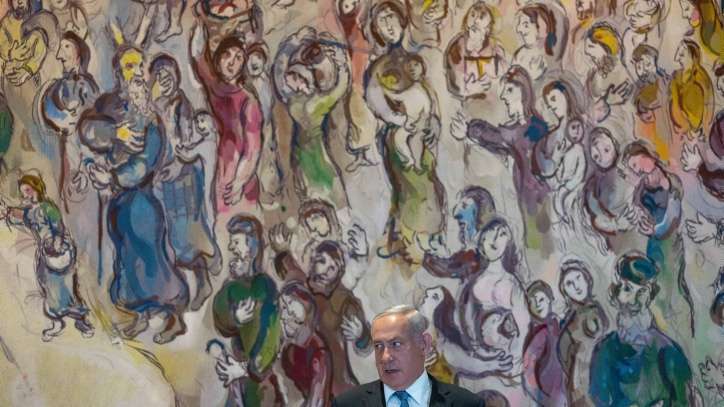

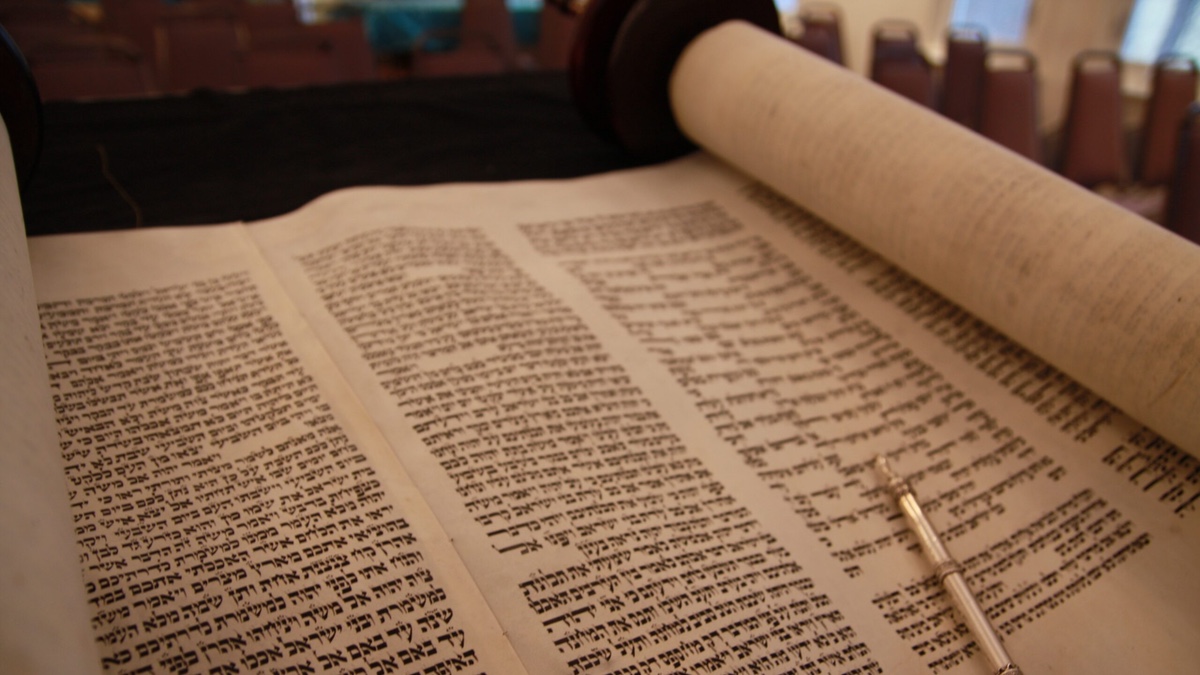
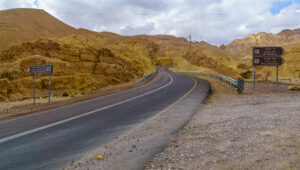


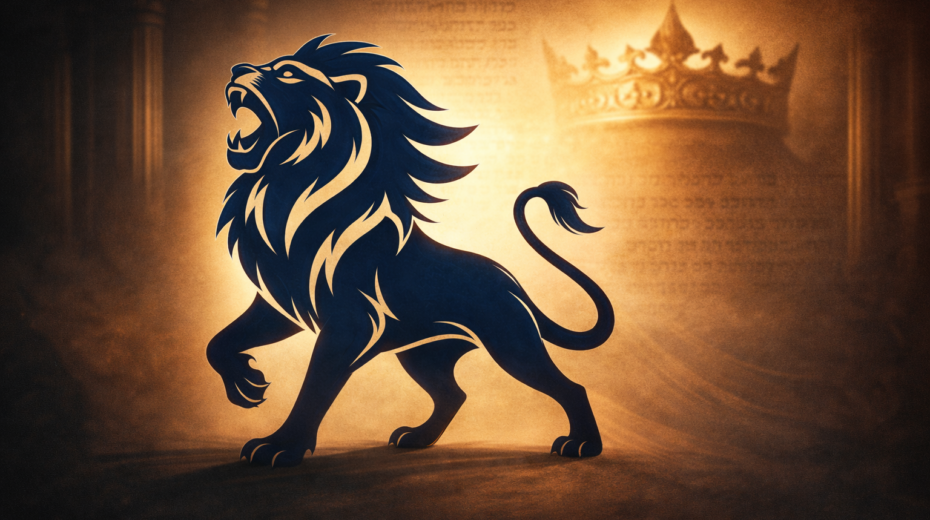


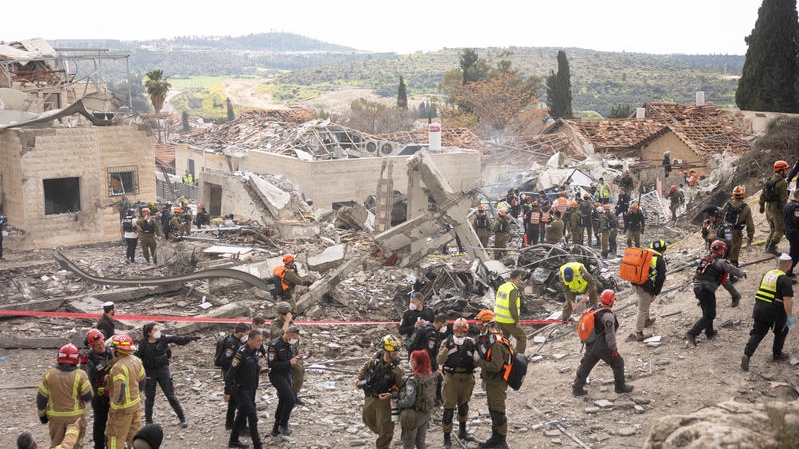



Excellent article, just think what the world might look like if it was governed as the word of the Lord says.